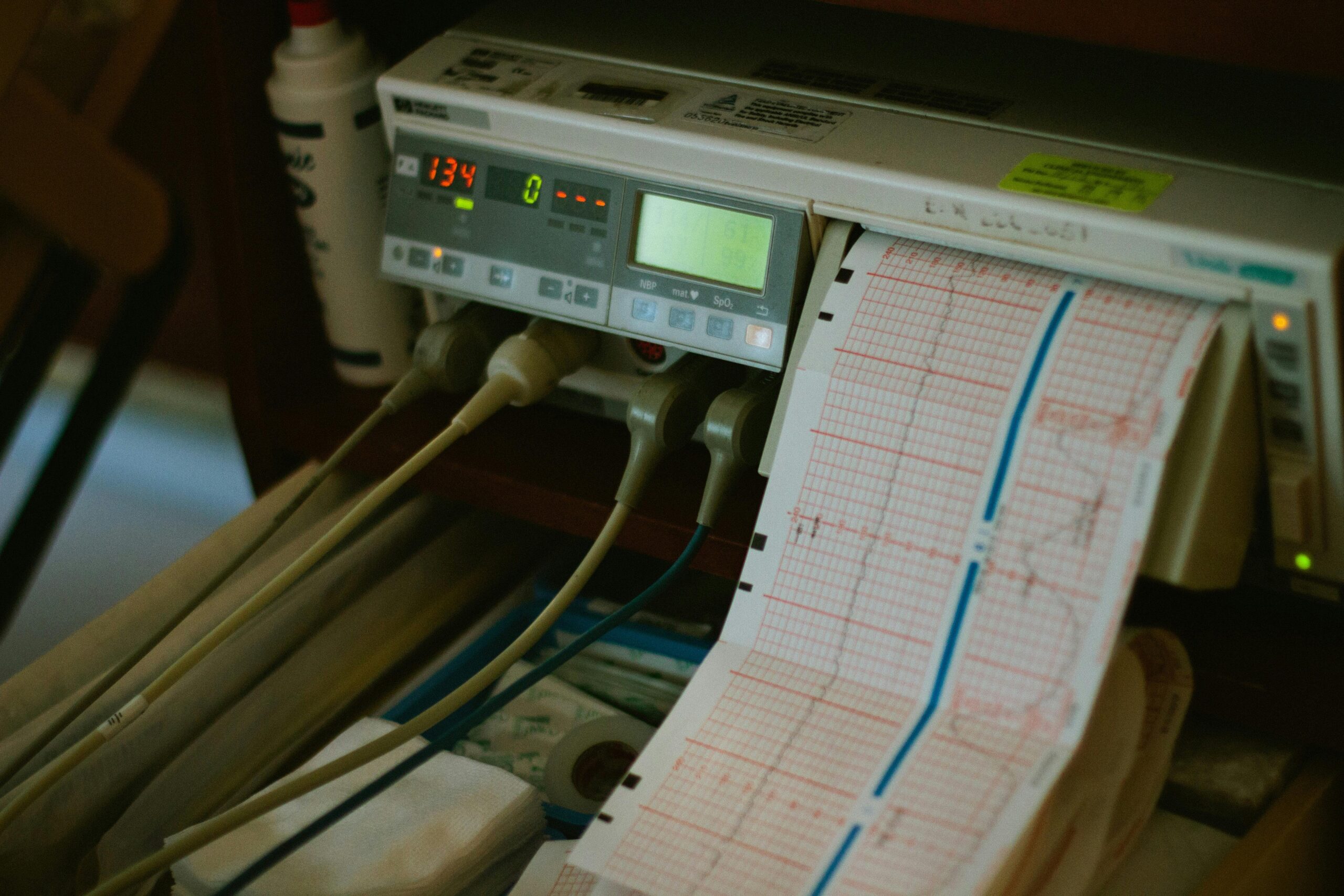
Free Consultation(203) 447-0000

Free Consultation(203) 447-0000

Diagnostic errors occur when healthcare providers inaccurately diagnose or fail to timely diagnose a patient’s health problem. Sadly, this can have severe consequences for patients, including permanent injury or death. A recent study published in JAMA Internal Medicine revealed that nearly 1 in 4 hospitalized patients who died or were transferred to the intensive care unit suffered a missed or delayed diagnosis, with 17% of these errors resulting in temporary or permanent harm to patients. In a study recently published in BMJ Quality & Safety, researchers determined that an estimated 795,000 people become permanently disabled or die across care settings each year in the U.S. because dangerous diseases are misdiagnosed.
Although diagnostic errors are a major source of preventable harm for all, these errors disproportionately affect racial and ethnic minorities and women. Indeed, these groups are up to 30% more likely than white men to suffer diagnostic errors. Reasons for this include implicit bias coupled with healthcare providers’ demanding schedules that result in less time with patients.
There are numerous examples of racial, ethnic, and gender disparities manifesting in the context of diagnostic errors, including:
Addressing the prevalence of diagnostic errors in our healthcare system is critical and particular emphasis must be placed on the disproportionate effect diagnostic errors have on racial and ethnic groups and women. Otherwise, patients and their families will continue to suffer the devastating consequences of medical misdiagnoses.
The Patient Safety Network’s primer on diagnostic errors explains that a portion of diagnostic errors may be prevented by systems that mitigate the effect of biases and provide clinicians with objective information to aid in decision-making because “many diagnostic errors are caused by subtle biases in clinicians’ thought processes.” Regular feedback to clinicians on their diagnostic performance is extremely important because clinicians may be unaware of diagnostic errors they have committed if they are not able to see how their diagnoses turned out over time.
If you or a loved one suffered an injury due to a diagnostic error, you should reach out to an attorney right away. Contact the experienced attorneys at Berkowitz and Hanna LLC if you have any questions about your legal rights regarding this concern. To schedule a free, no-obligation consultation, call 203-872-0951 or contact us online today.
Berkowitz Hanna
